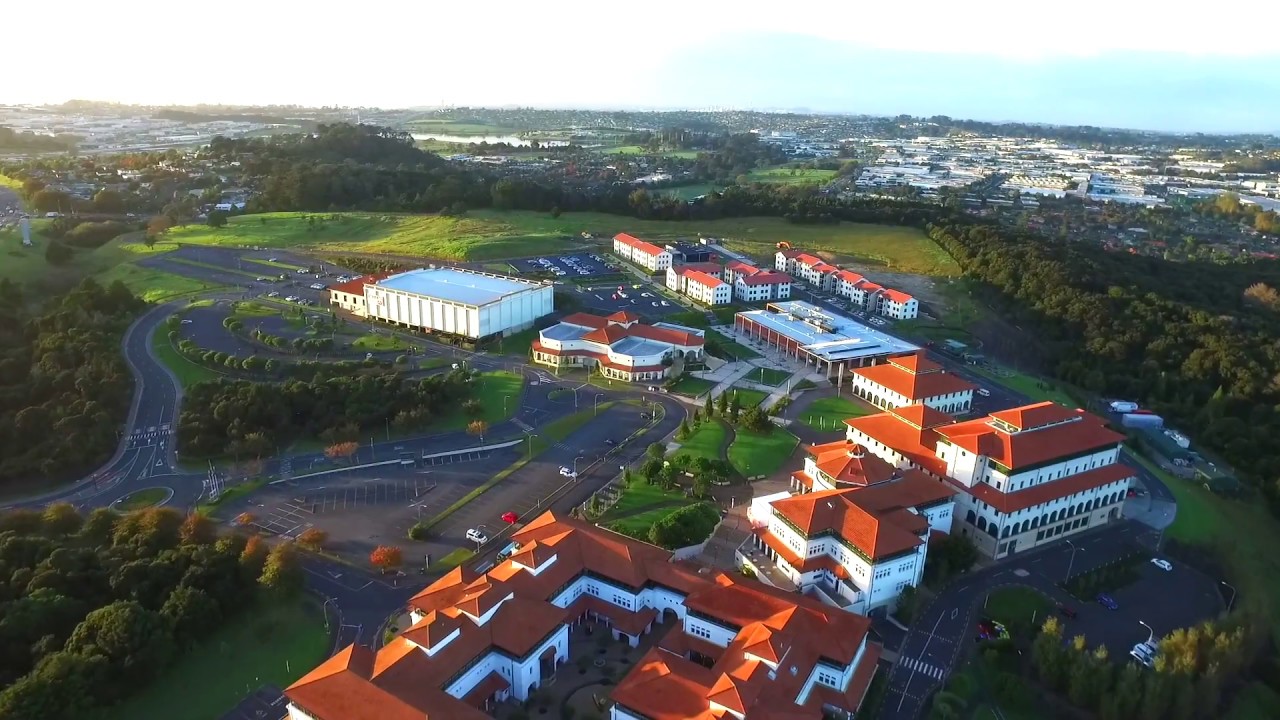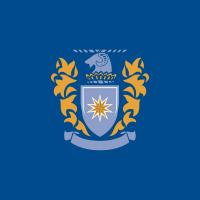Bachelor of Science in Ecology and Sustainability
In the Bachelor of Science (Ecology and Sustainability) at Massey you’ll learn how to make sense of the natural world.
We now have a great deal of information about the natural world available to us – the problem is how to make sense of that information. Ecology attempts to do this. It is a broad discipline that teaches you how to make sense of the interactions between organisms and their environment.
The Bachelor of Science (Ecology and Sustainability) at Massey offers some of the best courses on ecology in New Zealand. This makes it the number one choice if you want a broad knowledge in the discipline.
- Our ecology staff are world-leading and their cutting edge research feature heavily in the teaching.
- You can expect to learn about the latest research findings in lectures.
- Our ecology programme is the longest running programme of its kind in New Zealand (over 20 years).
- Practical labs and field trips are an important part of all ecology courses.
Hands-on experience
During your studies you could work as a volunteer for the Department of Conservation recording native bird populations. You could be helping with recovery programmes, gain a summer internship with one of New Zealand’s Crown Research Institutes or work alongside a Massey researcher. This experience will put you a step ahead when finding a job. It will also give you a taste for what your future job may be like.
Broad range of topics
Some of the courses taught in the Ecology and Sustainability major include:
- flora and fauna of New Zealand
- ecology and conservation
- biological evolution
- limnology
- applied ecology
- resource management
- plant ecology
- community and ecosystem ecology
- biodiversity
- entomology
- behavioural ecology.
Campus Information
Auckland campus
Massey University’s innovative Auckland / Oteha campus is located on the North Shore of New Zealand’s largest city – Auckland. The campus grounds are peaceful with many native trees and plants, yet it’s only a five minute walk to the expansive Westfield shopping centre with its movie theatres, shops, restaurants and numerous fast food outlets. If you want to travel further, there are buses running regular routes around the North Shore region and into Auckland city.
Intakes
- Feb
- July
Application Processing Time in Days: 30
Application Process
Minimum English Language Requirements
| English Level Description | IELTS (1.0 -9.0) | TOEFL IBT (0-120) | TOEFL CBT (0-300) | PTE (10-90) | |
|---|---|---|---|---|---|
| Expert | 9 | 120 | 297-300 | 86-90 | |
| Very Good | 8.5 | 115-119 | 280-293 | 83-86 | |
| Very Good | 8 | 110-114 | 270-280 | 79-83 | |
| Good | 7.5 | 102-109 | 253-267 | 73-79 | |
| Good | 7 | 94-101 | 240-253 | 65-73 | |
| Competent | 6.5 | 79-93 | 213-233 | 58-65 | |
| Competent | 6 | 60-78 | 170-210 | 50-58 | |
| Modest | 5.5 | 46-59 | 133-210 | 43-50 | |
| Modest | 5 | 35-45 | 107-133 | 36-43 | |
| Limited | 4 | 32-34 | 97-103 | 30-36 | |
| Extremely Limited | < 4 | < 31 | < 93 | < 30 |
Job Opportunity Potential
Many of our graduates work with the Department of Conservation or the Ministry for the Environment. There are great opportunities for graduates in ecology to work with managed ecosystems. The interactions between scientists interested in managed and natural ecosystems is a particular focus at Massey University.
Many of our graduates go on to positions with central and local government or their agencies, Crown Research Institutes, environmental or conservation organisations, school teaching, or technical and advisory work.
A postgraduate qualification in ecology will allow you to approach many environmental research and management issues from a strong theoretical and practical base. You might work:
- with an interdisciplinary team in a private environmental consulting firm
- in a government laboratory
- working with a regional council monitoring water quality
- with a fish and game council concerned with the impacts of water quality on trout.
Other possible career areas include forestry, fisheries, eco-tourism and education.
PSW Opportunity
- During study, all students on a student visa can work up to 20 hours per week during semester and full time during vacations.
- After completing Level 7 Bachelor’s Degree or Higher Qualification, a student will get a three years open post-study work visa.
- After completing Level 8 Post Graduate courses of 1 year, students get 1 year PSW.
Admission Requirement / Eligibility Criteria
- All India Senior School Certificate (AISSC) or Indian School Certificate (ISC) Year 12 with an overall average of 75% and a minimum of 60% in English
- For most undergraduate level programmes, the minimum academic entry requirement is successful completion of a qualification equivalent to the New Zealand Year 13 - NCEA Level 3 University Entrance. International students need to check the equivalency of their secondary school qualification by reviewing the list of Academic Admission Requirements by Country/Region.
- International students who have previously studied at a New Zealand secondary school should refer to the secondary school requirements section.
- International students who have completed 3 x B at level 5 or 6 passes in the New Zealand Diploma of Business may apply for entry into a Bachelor's programme.
- An NZQA transcript as formal evidence of the NZDipBus results is required before credit will be assessed and only papers with a minimum grade of B will be assessed for credit.
- The English language requirements can be met by:
- A minimum IELTS 5.5 (or equivalent) used to gain entry to the NZDipBus or,
- A recent IELTS 6.0 with no band score less than 5.5
- Course Type: Full Time
- Course Level: Bachelors/UG Degree
- Duration: 03 Year
-
Total Tuition Fee:
101310 NZD
Annual Cost of Living: 20000 NZD
Application Fee: N/A
Similar Programs
- Bachelor of Science (Statistics) at Massey University
- Bachelor of Science (Psychology) at Massey University
- Bachelor of Science (Mathematics) at Massey University
- Bachelor of Science (Computer Science) at Massey University
- Bachelor of Information Sciences (Computer Science) at Massey University
- Bachelor of Arts (Statistics) at Massey University

